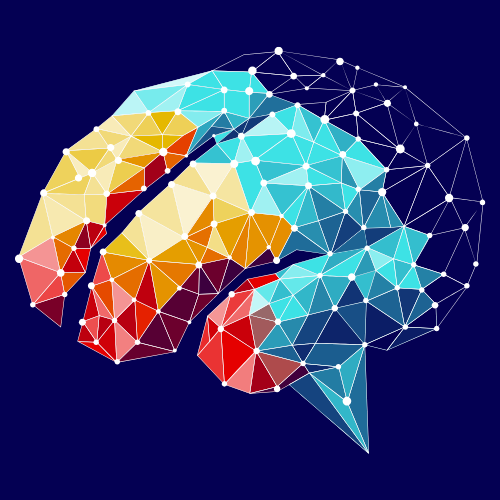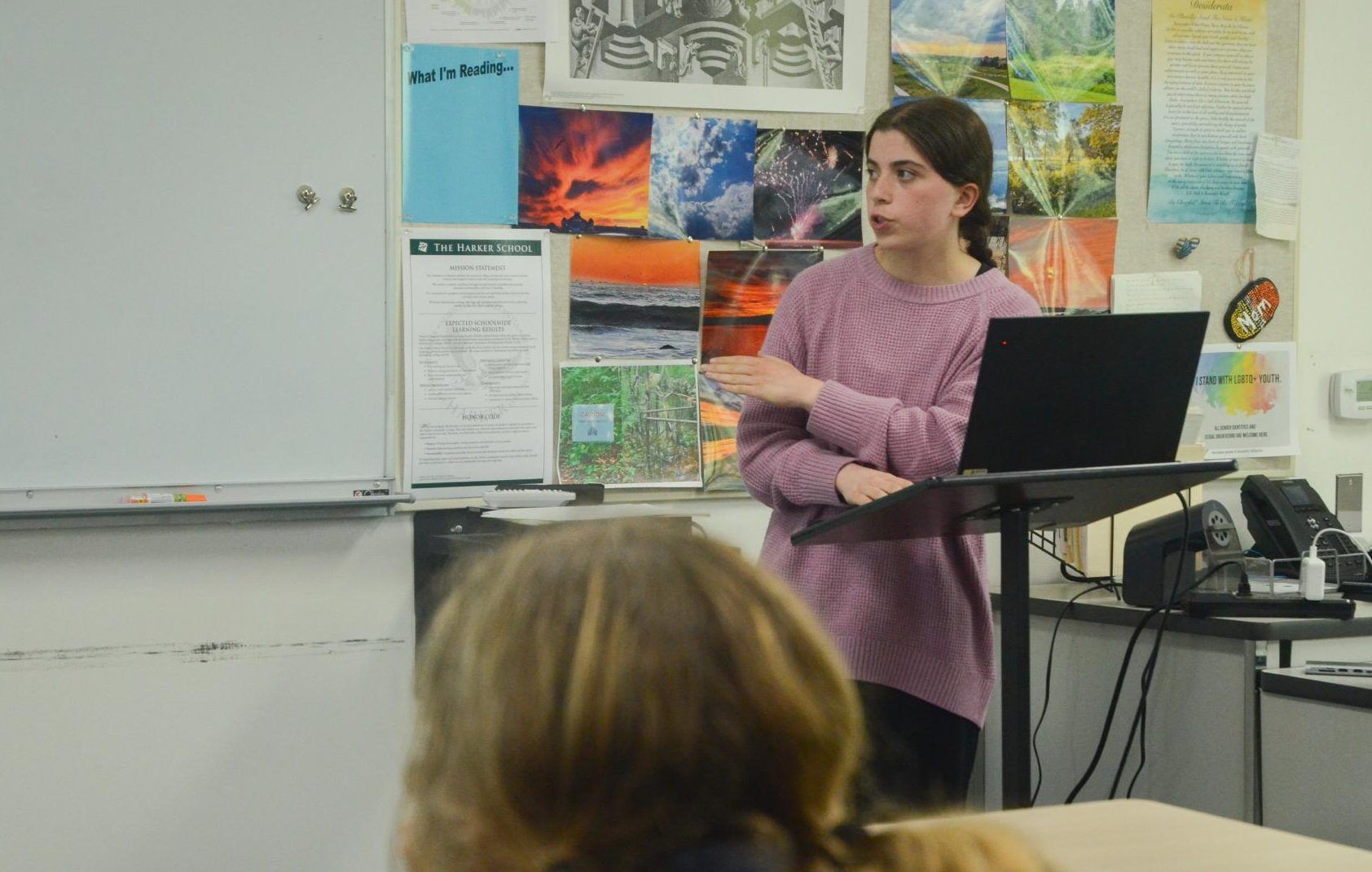Brain Bee Lectures
Access lectures covering a broad range of topics in cognitive science. These lectures are based on the curriculum of the Brain Bee competition, which follows the material in the "Brain Facts" textbook. By following these lectures, not only will you be incredibly prepared for the Brain Bee, but you will also gain a deeper knowledge of many subfields of cognitive science.
What is the Brain Bee?
The Brain Bee is a competition with local, national, and international levels that tests students on their knowledge of cognitive science. The content covered is based on the "Brain Facts" textbook and includes a wide variety of topics, including anatomy, neurochemistry, psychiatric illnesses, neurodevelopmental conditions, and more.
To learn more about the International Brain Bee, visit their website: https://www.thebrainbee.org/.

Start Our Free Brain Bee Course!
In this series of lectures, I take you through a comprehensive overview of many fields of cognitive science.
Brain Anatomy Introduction
A detailed overview of the fundamentals of brain anatomy and function you need to know to excel in the Brain Bee Competition.
Vision
From two feet in front of us to miraculous mountain ranges, our brains allow us to process sights both simple and extraordinary. In this lecture, we cover the journey of light and images from the eyes to the brain.
Hearing
Ever wondered how the brain knows that a bell is ringing or someone next to you is laughing or your favorite song is playing? This is an overview of how air pressure waves can be processed as a myriad of sounds.
Taste & Smell
The brain has often been compared to a supercomputer, partly because of its rapid computational abilities but also because of its incredible capacity to store a lifetime's worth of information and memories. From the spaces between the synapses to the broader structures, this lecture covers the networks that allow the brain to store masses of memories.
Touch & Pain
Want to understand how your brain knows not to touch the hot stove? Touch and the experience of pain dictate so many of our decisions. Learn about how the brain perceives the sensation of touch.
Movement
Movement is a process that is coordinated throughout the body, from the fingers to the spine to the brain. In this lecture, we review the complex processes behind the ability to move.
Learning & Memory
The brain has often been compared to a supercomputer, partly because of its rapid computational abilities but also because of its incredible capacity to store a lifetime's worth of information and memories. From the spaces between the synapses to the broader structures, this lecture covers the networks that allow the brain to store masses of memories.
Emotion
Many would argue one of the most critical parts of the human experience is our ability to feel a whole range of emotions, from happiness to fear to anger to excitement. In this lecture, we explain the brain regions and neural systems responsible for emotion.
To Be or Not to Brain Bee
For ages, people have investigated how just three pounds of brain tissue can create someone's entire personality and explain the complexity of human behavior. This lecture does a deep dive in pinpointing the brain structures involved in information processing, language, and decision-making.
Early Brain Development
Before our brains were complicated, interrelated networks of neurons, they were just small collections of early neuronal cells on the road to developing into something extraordinarily powerful. This lecture narrates the early stages of brain development from fetus to early childhood.
Into the Unknown: Adolescence
We all know about some of the downsides of the teenage brain - impulsivity, poor decision-making, vulnerability to addiction, etc. However, what people don't talk about as much are the incredible strengths of the teenage brain that allow adolescents to learn at an astoundingly rapid pace. In this lecture, we cover everything that makes the developing adolescent brain so unique.
Our Brains With Time
Perhaps one of the most sought after mysteries of science is why we age and what can be done to slow it down. This chapter provides a top-down overview for what occurs in the brain as we grow older and what can be done to prevent neuronal damage throughout one's life.
It's Like Night and Day: Our Circadian Rhythms
In spite of what many students with extra-tall cups of Starbucks may tell you, sleep is a critical function that allows our brains time to perform optimally. From the stages of sleep to sleep disorders to the brain structures that decide when and why we sleep, this lecture provides an in-depth look at the physiological need for rest every night.
Neuroendocrine System
In the chapter, we do a deep dive on the intricacies of the neuroendocrine system and how a group of key regulator hubs in the brain control our internal physiological state.
Developmental Conditions
In this lecture, we discuss various developmental conditions, including ADHD, dyslexia, and epilepsy.
